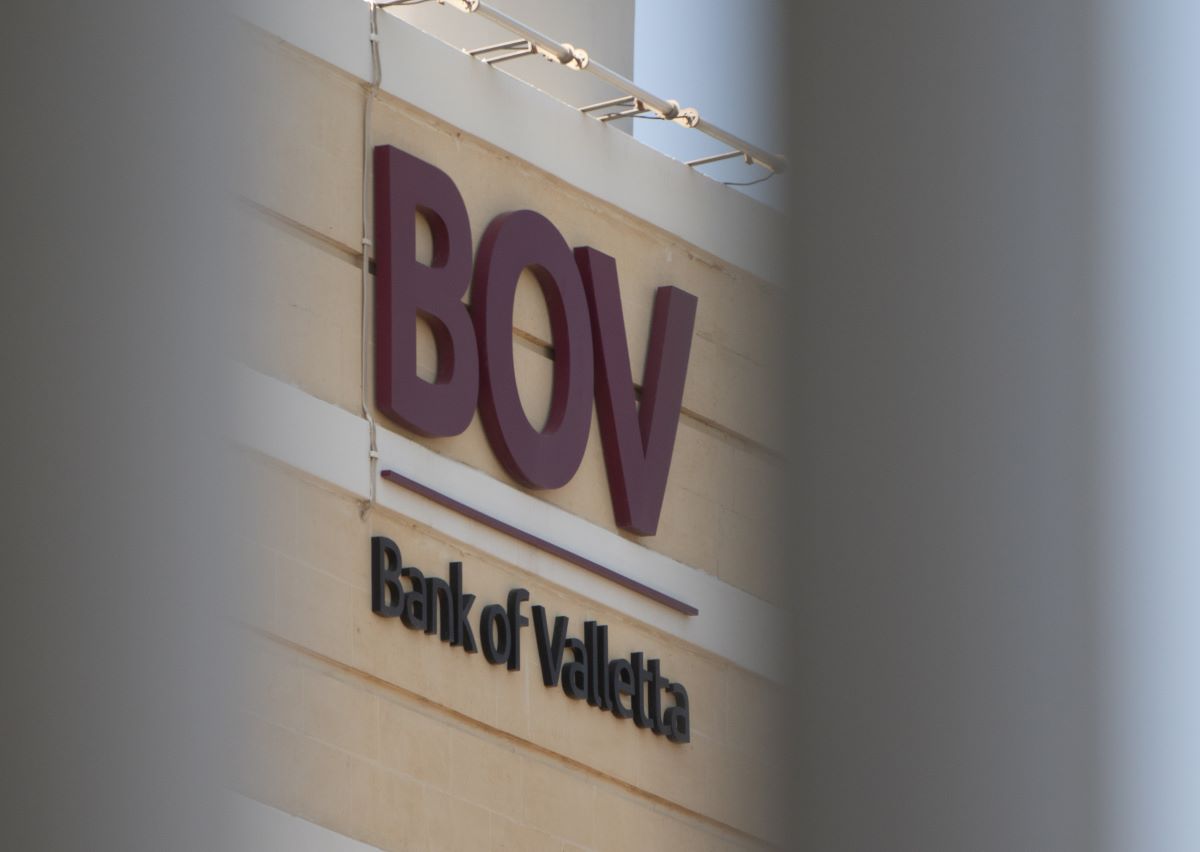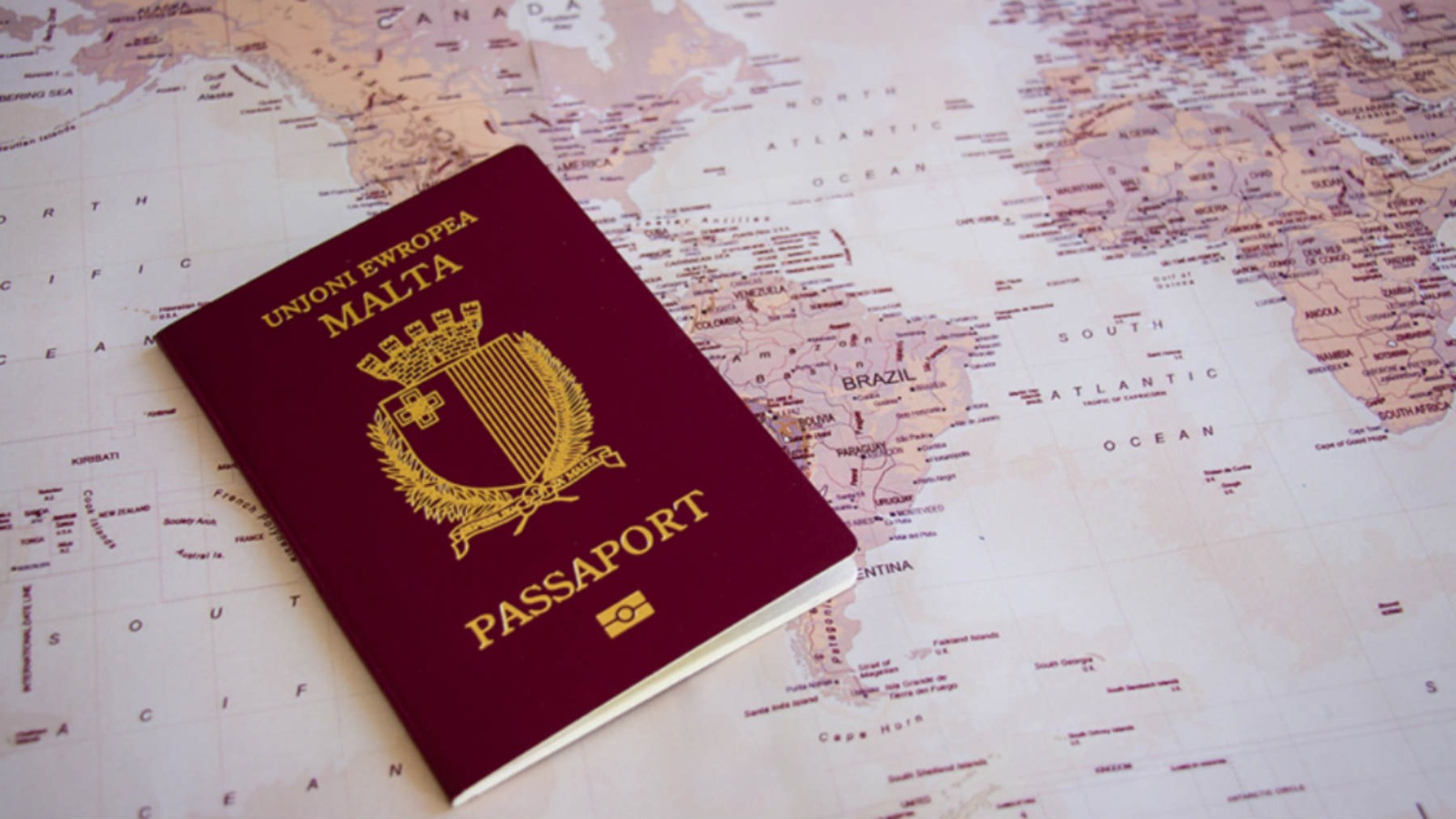In comments released as part of Bank of Valletta’s half-year financial results for 2021, chairman Gordon Cordina highlighted how any prolongation of Malta’s greylisting status “could have important longer-term implications for the Bank’s performance”.
Last month, the Financial Action Task Force (FATF), an international organisation tasked with fighting money laundering and the financing of terrorism, placed Malta under the so-called grey list status, officially known as jurisdictions placed under increased monitoring. The reclassification signifies questions raised about the systems in place by Malta’s authorities in the fight against money laundering.
Commenting on what the development means to Malta’s largest bank, BOV CEO Rick Hunkin said the greylisting “is not expected to have an immediate impact on the Bank’s operations and rating”.
It could, however, “raise transaction costs and impact cross-border transaction flows for the whole banking sector”.
Mr Hunkin also noted that increased monitoring by foreign banks and counterparts is also expected.
He said that from the BOV’s initial indications, its international trading partners had factored in the eventuality of Malta’s greylisting, but it “will watch closely as there remains a risk that a prolonged period before removal from the grey list may lead to some potentially changing their view”, thereby echoing the chairman’s view.
“The Group has robust policies and disciplined practices to support its commitment to protect its customers and society from financial crime. Over the past years, we invested heavily in a comprehensive Anti-Financial Crime transformation programme and as a result strengthened the Anti-Financial Crime controls and enhanced its automated systems for the monitoring of payments and transactions and customer screening, amongst others,” Mr Hunken remarked.
Group financial performance
Bank of Valletta Group reported a profit before tax for the first half of the financial year 2021 of €25.9 million (1H 2020: €13.8 million), representing a return on equity (pre-tax) of 4.8 per cent (1H 2020: 2.6 per cent). This result includes the effect of investment activities in Anti-Financial Crime Transformation and BOV 2023 Strategy of €17.1 million (1H 2020: €5.8 million). While the Group is maintaining a cautious stance as the COVID-19 situation remains relatively uncertain, credit provisions saw a net release of €3 million for first half of 2021 (1H 2020: €7.5 million charge).
Excluding the impact of investment in Transformation and Strategy, and credit provisions, the underlying profit stood at €39.9 million in 1H 2021 (1H 2020: €27 million). The increased underlying profit was driven by higher operating revenues, lower operating costs and improved performance from BOV’s associates.
Net interest income of €73.4 million (1H 2020: €72.3 million) was underpinned by a steady growth in home loans and in corporate loans issued in support of businesses under the BOV MDB Covid-19 Assist scheme. Growth in deposits coupled with persistent negative interest rates continued to exert pressure on the bank’s net interest margin, as did the redemption of securities previously generating positive returns which continue to be reinvested at lower or negative rates. The headwinds challenging BOV’s net interest revenue were offset by lower cost of funding, also as the Group’s €71 million 4.8 per cent subordinated bond matured in 1Q 2020.
Commission and Trading revenues of €40.4 million (1H 2020: €36.3 million) benefited from the relaxation of COVID-19 restrictions which in 2020 had severely impacted business lines such as cards and payments. Activity in 2021 however still remains below 2019 levels. Furthermore, the results for the first half of the year included a €1.5 million refund of customer fees and charges which had been introduced late last year.
A review of these with the regulator is ongoing. Subdued volumes continued in the foreign exchange business due to reduced foreign trade and travel. A gain on Visa shares held of €1.2 million contributed to Operating Income in first half of 2021.
Operating costs decreased to €81.5 million as at end of June (1H 2020: €83.7 million) reflecting lower consultancy costs as some aspects of BOV’s
de-risking programme reached completion, partly offset by an operating loss of circa €1.0 million due to the cost of refunding customers who were recently targeted in fraudulent scams.
The share of profit from insurance associates for the first six-month period was €7.6 million (1H 2020: €2.1 million). The increase in profitability was largely driven by an increase in market value of investments and higher written premiums.
Financial position
The Group’s total assets were €13.7 billion as at June 2021 which was 6.4 per cent higher than December 2020. The funding of the Bank remains through customer deposits with more than half of these driven by retail deposits. Customers continued to prefer short-term deposit products and channelled their savings into the banking system due to the lack of more beneficial opportunities in the market.
Net loans and advances as at end June 2021 were just below the €5 billion mark, with a growth rate of 3.9 per cent over December 2020. BOV provided substantial customer support through payment moratoria and provision of Government guaranteed funding to business customers through the BOV MDB COVID-19 assist scheme. These measures, which were granted to eligible customers in line with CBM Directive 18, were key in alleviating business specific liquidity shortages inevitably brought about by the pandemic. The loan book was also sustained by a continued growth in home loans.
Despite the momentum in the loan book, the liquidity position remained very strong with cash and short-term funds increasing by €365 million in the first half. This significant increase primarily arose after the Bank participated in the TLTRO III Eurosystem funding during the first quarter of 2021. This funding seeks to support lending growth in banks, and as we are achieving growth the funding cost is negative, contributing to lower overall funding cost. This also supports the bank’s desire to maintain its position as a key player in the provision of finance to local businesses and households.
The pressure of excess liquidity continued to be mitigated, to the extent possible, by investments in both local and foreign securities. The majority of treasury assets are measured at amortised cost reflecting the Bank’s primary business model to hold securities until maturity, collecting interest revenues over the life of the investment. The risk appetite for investment quality remained unchanged with asset quality of more than 90 per cent in A- or higher.
The Group’s capital ratios remained stable, with the CET 1 and total capital ratios as at June 21 of 20.9 per cent and 24.5 per cent respectively. With the Deiulemar claim still outstanding and the current COVID-19 uncertainties, the Board has committed to maintain strong capital reserves and has responsibly decided not to declare any interim dividend for the first half of 2021. The position will be assessed again at the end of the year.
Malta’s R&D spend stays level at 0.6% of GDP
Total expenditure of research and development amounted to €121 million in 2023, an increase of €16.1 million
Most Maltese scam victims don’t know about dispute resolution service, study finds
In this day and age ignorance costs, as scammers are getting increasingly clever
Extreme heat set to leave 2.5% dent in Malta’s GDP by mid-century
The country is set to see GDP impacts from extreme heat






